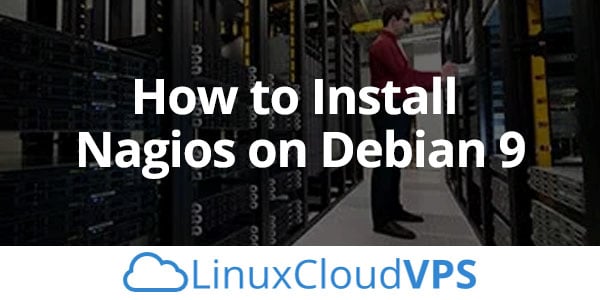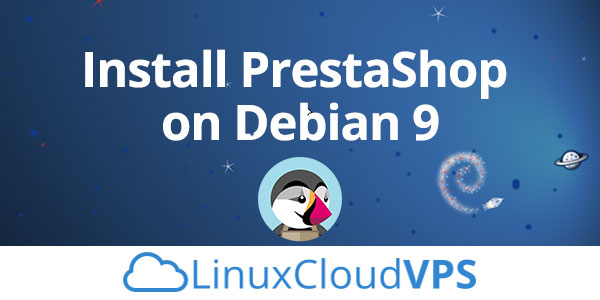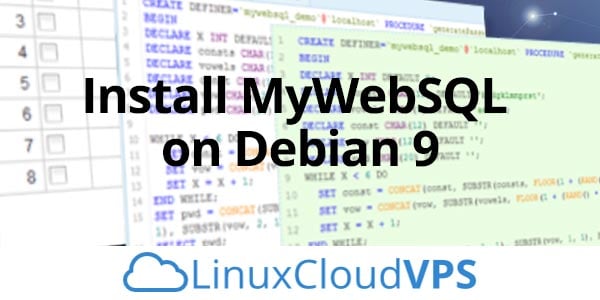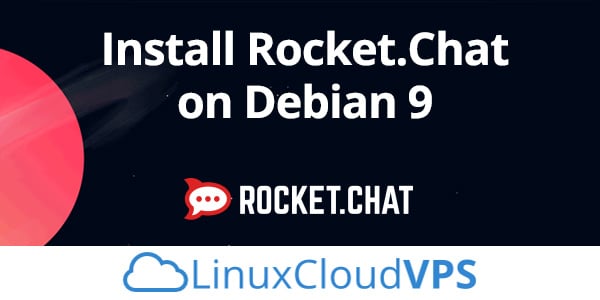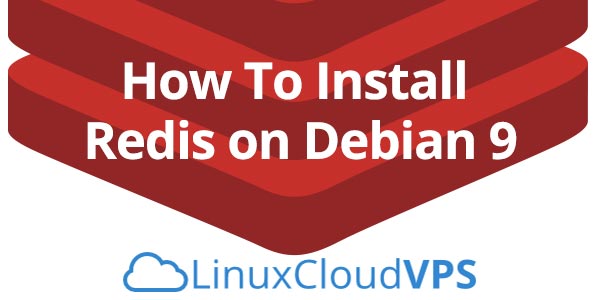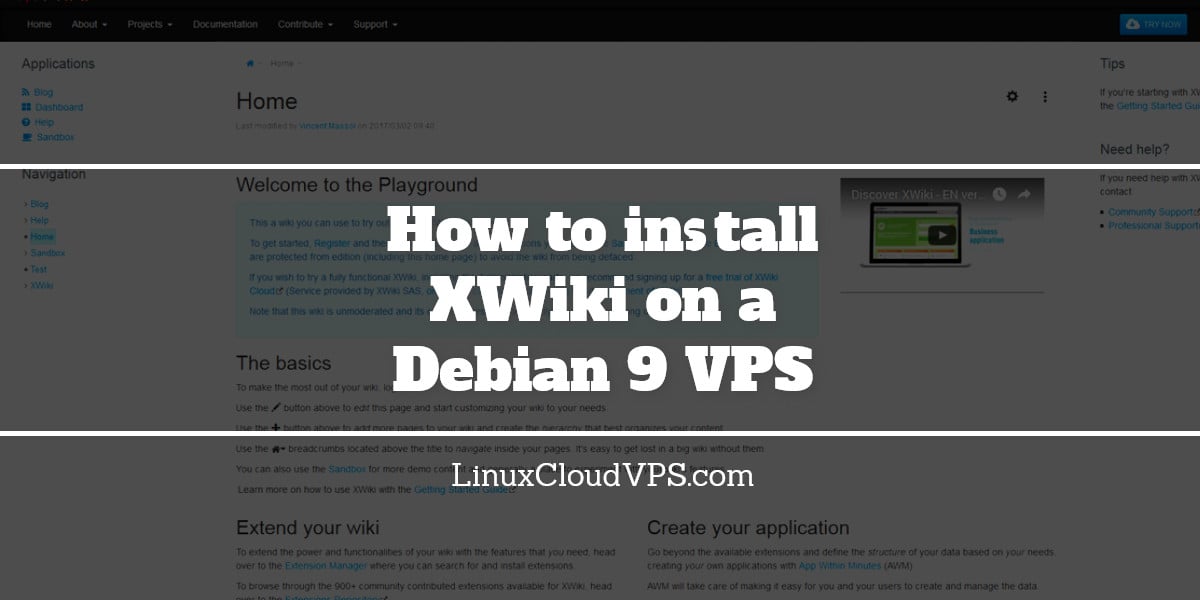In this tutorial, we will guide you through the steps of installing Go on a Debian 9 Cloud VPS.
Go, also known as Golang, is a free and open-source programming language developed by Google. Go can be used to build simple, fast, reliable and efficient software applications. At the moment, Go is actually the most widely used programming language in the world. Many popular applications such as Docker, Openshift, and Graphana are all written in the Go language, along with thousands of smaller projects designed to fulfill and add extra features to other software. Go also allows us to run multiple processes of applications at the same time, improving performance and efficiency. Let’s begin with the installation.
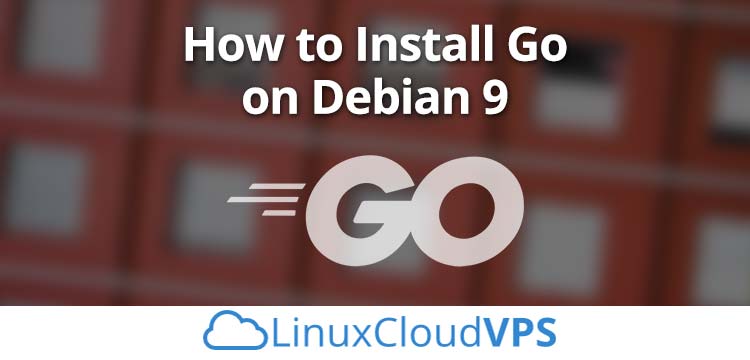
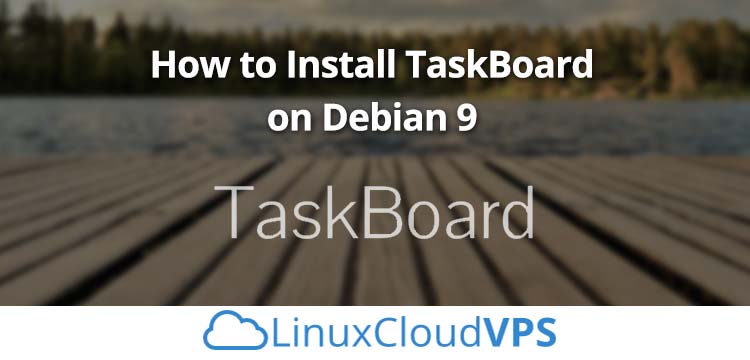
 TaskBoard is a free and open-source scheduling platform that allows users to keep track on their important tasks. Collaborating through a task management platform helps improve efficiency between team members and can help get projects done sooner and with higher quality. By keeping track of projects through TaskBoard, your team can stay more organized and make sure that nothing gets missed out or left behind. The installation is pretty easy and straightforward – let’s get started.
TaskBoard is a free and open-source scheduling platform that allows users to keep track on their important tasks. Collaborating through a task management platform helps improve efficiency between team members and can help get projects done sooner and with higher quality. By keeping track of projects through TaskBoard, your team can stay more organized and make sure that nothing gets missed out or left behind. The installation is pretty easy and straightforward – let’s get started.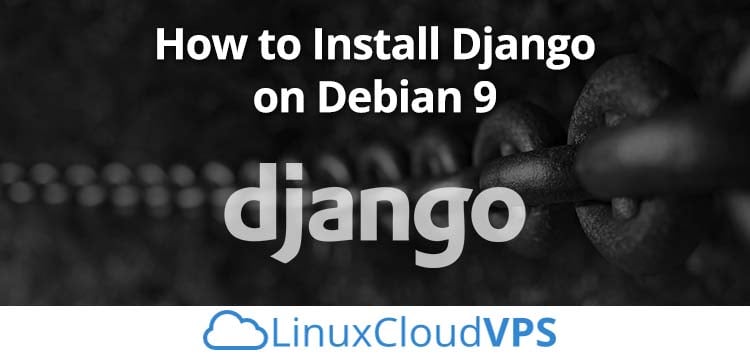
 It is quite simple to install a Django development environment on Linux, and Debian makes it that much more simple. You can go with two different methods of installation: the virtualenv way, and the Debian way. The virtualenv way keeps all Python packages, including Django, installed with it contained, and that allows multiple installations with different packages and their versions. For installation and management of Django the Debian way uses
It is quite simple to install a Django development environment on Linux, and Debian makes it that much more simple. You can go with two different methods of installation: the virtualenv way, and the Debian way. The virtualenv way keeps all Python packages, including Django, installed with it contained, and that allows multiple installations with different packages and their versions. For installation and management of Django the Debian way uses 